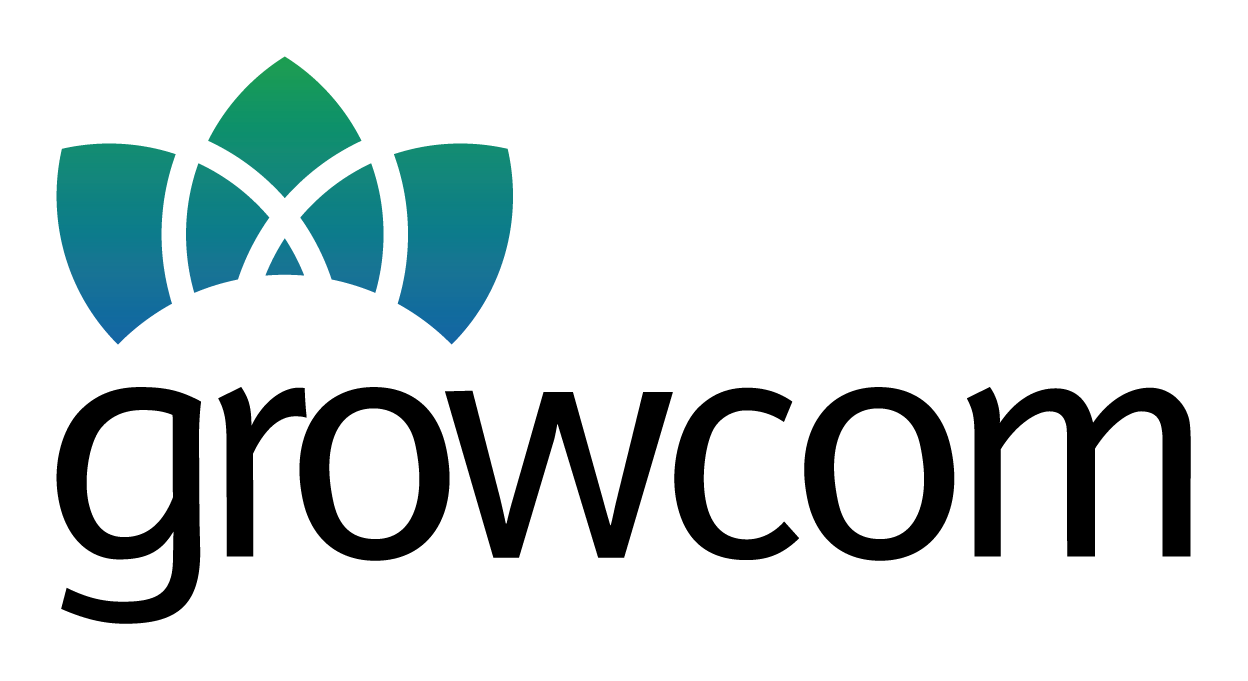Benaraby growers strike Honey Gold for a second time
Taking home Piñata’s coveted Honey Gold Grower of the Year award for a second time wasn’t about luck for Benaraby mango growers Ian, Gloria, and Scott Pershouse. It was a case of old-fashioned hard work and a commitment to continuous improvement.
The Pershouses have been part of the Honey Gold story since the beginning, harvesting their first crop in 2000. With a network of more than 30 growers across five states, the Honey Gold growing business is a highly competitive field. They received their first Honey Gold Grower of the Year award in 2020.
Whilst the business of growing great mangos hasn’t changed a lot, the environmental landscape has, and being a primary producer within a Great Barrier Reef Catchment is not without its challenges.
The Pershouse family knew that their proximity to the Reef meant sustainable farming practices were critical to the viability of their business. They have made changes to their production system throughout the last 10 years to mitigate any losses of nutrient, pesticide, run-off, or sediment while improving their production yield and maintaining high quality produce.,
In the early 2010s, the Pershouses made some major adjustments to their pesticide and nutrient management practices with assistance from former Land and Water Field Officer Robert Doyle. These changes to infrastructure and practice were supported by incentive funding assistance from the Reef Rescue and Reef Trust programs.
“It was important to have someone talk us through what these changes meant for our farm and assist us in writing the funding applications which were successful and meant we could actually put some changes into practice,” Ian said.
They were able to reduce the amount of chemical and fertiliser used on their property.
“We try to do our bit for the Reef through mulching, for example, to keep the weeds down and reduce spray use,” Ian said.
“Adoption of fertigation has brought about efficiencies to how we’re delivering nutrient to the orchard, and it means we’re less reliant on granular fertiliser which can get washed away.”
As a result of these changes, the Pershouses were eligible to be accredited with Hort360 Reef Certification, a voluntary, third-party audit process which demonstrates stewardship towards Reef water quality.
Delivered by Growcom, the project delivery arm of the Queensland Fruit & Vegetable Growers, participation in the Hort360 Great Barrier Reef project to become Reef Certified is 100 percent free for commercial horticulture growers within a Reef catchment. Growers are not obligated to proceed to Certification and can participate simply through meeting with a facilitator, benchmarking their practices, and attending events coordinated by Growcom. However, there is a well-supported pathway available for those wanting to pursue certification.
Growcom’s Hort360 GBR Facilitator for the Boyne catchment area where the Pershouses are based, Michelle Haase, said the Pershouse family manage their orchard to a very high standard and are proactive in adopting practices that ensure minimal losses of nutrient, pesticide, run-off, and sediment.
“Receiving this prestigious award is validation that adoption of practices which are known to contribute to Reef water quality improvements do not come at the cost of producing perfect, award- winning produce,” Ms Haase said.
“We have multiple Reef Certified growers taking out production awards, such as Alloway Macadamias who recently won the macadamia industry Best Productivity Award for Central Queensland, and the Donovan family who won the Syngenta Grower of the Year Award in 2022.”
